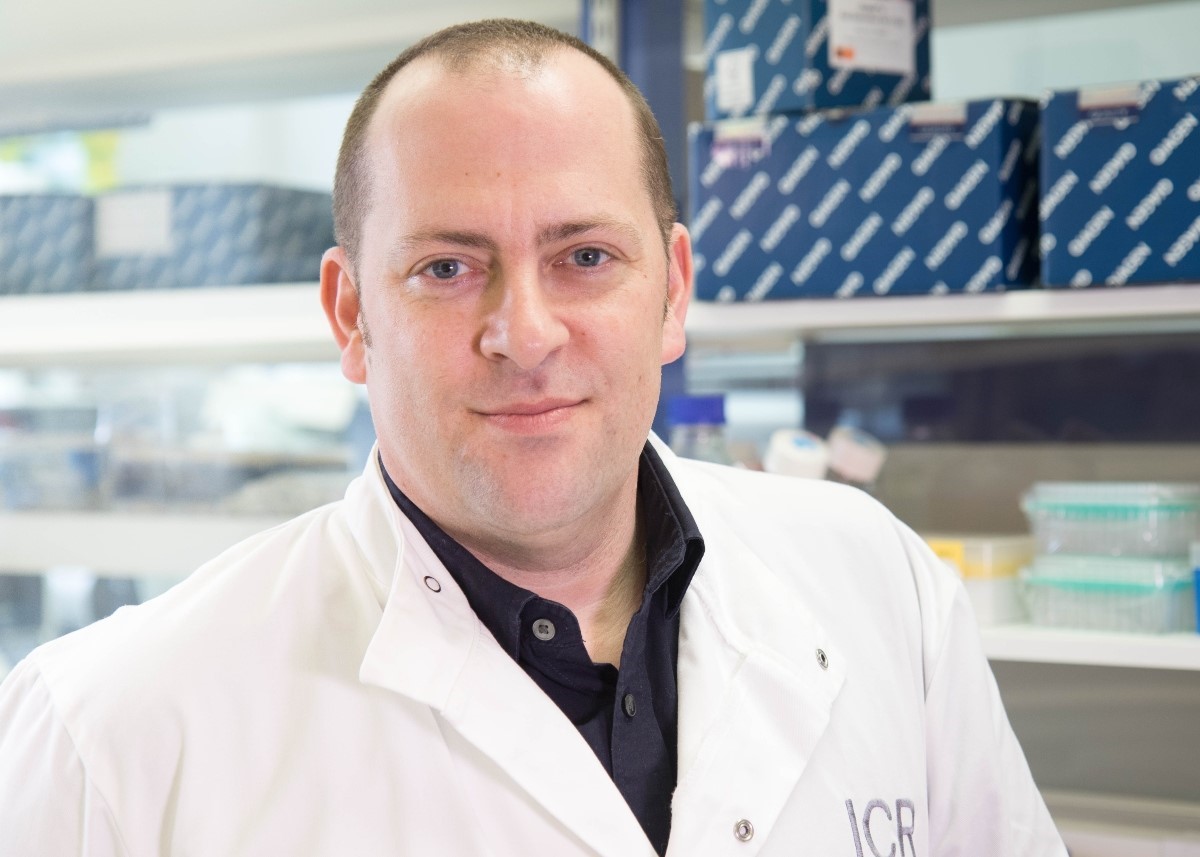Researchers at the Breast Cancer Now Toby Robins Research Centre at The Institute of Cancer Research, London have discovered how cancer cells could resist treatment with PARP inhibitors. It could help make treatment more effective and find who would benefit most from it.
Researchers at the Breast Cancer Now Toby Robins Research Centre at The Institute of Cancer Research, London have discovered how cancer cells could resist treatment with PARP inhibitors. It could help make treatment more effective and find who would benefit most from it.

Understanding resistance
Researchers, part-funded by Breast Cancer Now, have discovered a way in which cancer cells can resist targeted treatment, called PARP inhibitors.
They also believe that an existing drug called disulfiram, which is used to treat alcohol addiction, could make PARP inhibitors more effective.
In the future, it could also help predict who may not benefit from PARP inhibitors and should be offered different treatment options.
Trapping and releasing
PARP inhibitors are a type of targeted (biological) therapy. They can be used to treat some breast and other cancers caused by an altered BRCA gene.
PARP inhibitors target the protein PARP1 which helps repair damage to DNA. They stop PARP1 from doing its job by turning it off and trapping it on the DNA. This means that cancer cells become more damaged and eventually die.
Professor Chris Lord and his team looked for proteins that are involved in releasing PARP1 from DNA. They found a molecule called p97 plays a role in detaching PARP1 from DNA, which could help cancer cells resist PARP inhibitor treatment.
Professor Chris Lord explained: ‘PARP inhibitors are one of the most exciting classes of precision medicine in cancer treatment today, but we are only now gaining a fuller understanding of why they work in some patients but not in others. Now that we have uncovered p97’s role in controlling PARP inhibitor resistance, we could, in future offer treatments that could save many more lives.’
Making treatment more effective
Next, researchers tested if blocking p97 could make cancer cells more vulnerable to PARP inhibitors. They used mini tumours, grown in the lab from samples donated by patients with triple negative breast cancer and an altered BRCA1 gene.
When p97 was blocked with a drug disulfiram, cancer cells became more sensitive to a PARP inhibitor drug talazoparib. Combining talazoparib and disulfiram led to 60% more cancer cells being destroyed in experiments in the lab.
Dr Simon Vincent, Director of Research, Support and Influencing at Breast Cancer Now, explained: ‘Excitingly, this research suggests that a medicine currently used to treat alcohol addiction could be used in combination with PARP inhibitors to make treatment for breast cancer, caused by an altered BRCA gene, more effective.’
The next step for researchers is to understand how these findings could be used to predict which patients should be treated with PARP inhibitors, who should receive PARP inhibitors combined with other treatments, and who may benefit from a different treatment altogether.
‘We hope this research will lead to new treatment options and better ways to tailor therapy to each individual patient, so that everyone can receive treatment that works best for them,’ added Simon.
The study was funded by Breast Cancer Now and Cancer Research UK, and published in the journal Nature Cell Biology.
You can read more about how Breast Cancer Now helped discover PARP inhibitors, as well as other research projects we have funded, via the research tab on our website.